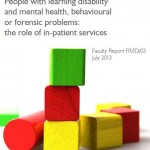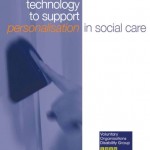
The National Confidential Inquiry into Suicide and Homicide by People with Mental Illness was established in its current form at Manchester University in 1996. From 1991, prior to the move to Manchester, research in this area had been managed within the Royal College of Psychiatrists. The NCISH has established an outstanding national and international reputation [read the full story…]









